Question And Answer
Publications
Articles, publications, books, tools and multimedia features from the U.S. Institute of Peace provide the latest news, analysis, research findings, practitioner guides and reports, all related to the conflict zones and issues that are at the center of the Institute’s work to prevent and reduce violent conflict.
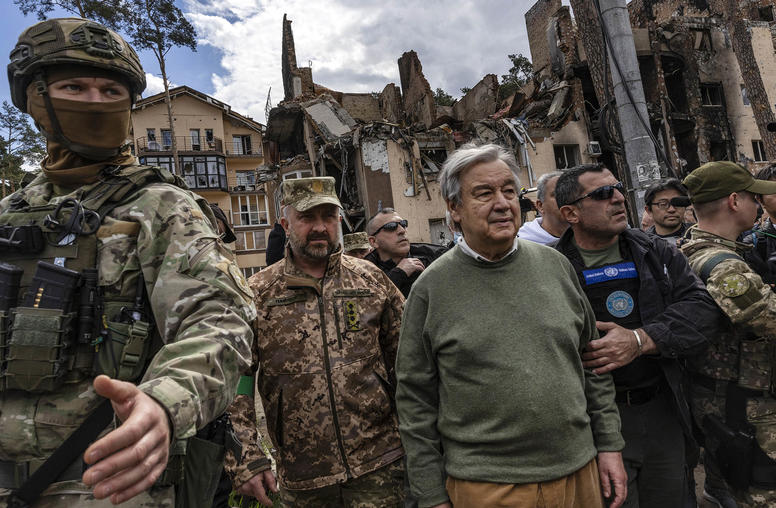
How the U.N. Secretary-General Gets Around Security Council Gridlock
How do concerned parties facilitate diplomatic and humanitarian progress on conflict cases when the U.N. Security Council is gridlocked? By explicit design, the Security Council’s powerful permanent five members can deadlock its work with a unilateral veto when they want to — but neither the veto nor the threat of the veto fully end multilateral work on conflict cases that the P5 want to keep out of the Security Council’s ambit. Instead, the prospect of UNSC inaction spurs diplomatic efforts and alternative pathways for action via a range of procedural, negotiated and informal tools at the U.N. General Assembly, in the U.N. Security Council (UNSC) and via the U.N. Secretariat.

China’s Metastasizing Myanmar Problem
The 2021 military coup in Myanmar not only triggered an unprecedented nationwide revolt against military rule but is increasingly precipitating challenges to global security. The junta’s ineffectual rule has resulted in the rise of cross-border human trafficking and cyber scams, which have impacted almost every corner of the globe, taking an especially heavy toll on China’s people while also benefiting organized Chinese crime groups. Beijing’s response to the situation in Myanmar has been mixed. While it has backed the junta, China has also hedged by supporting some of Myanmar’s most powerful ethnic armed organizations, extending Chinese influence in the country.

Mirna Galic on the Role of Indo-Pacific Partners at the NATO Summit
While much of the conversation at this week’s NATO summit will be focused on Russia’s war in Ukraine, the presence of NATO partners Japan, South Korea, Australia and New Zealand “is a testament to … [NATO’s] interest in the Indo-Pacific and the focus on the challenges that China poses for the alliance,” says USIP’s Mirna Galic.
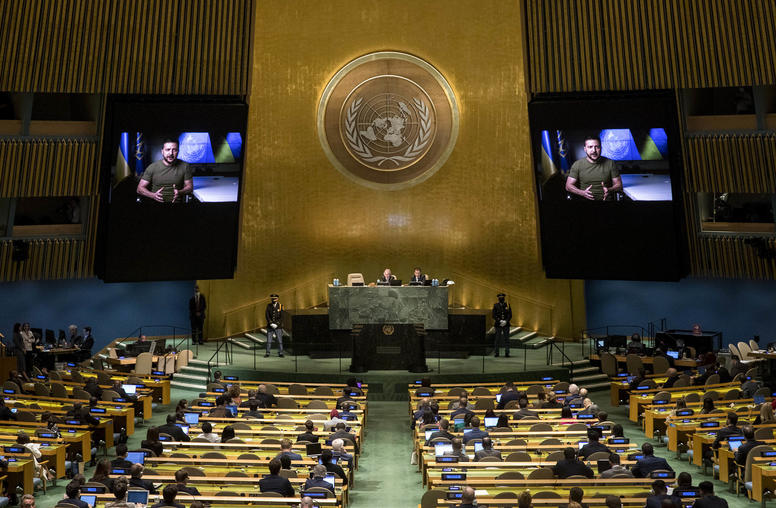
Security Council Gridlock Isn’t the End of the Diplomacy — It’s the Start
Gridlock at the U.N. Security Council draws headlines, but it never truly grinds diplomatic and humanitarian work to a halt. Instead, concerned parties approach the threat of the veto as the beginning of diplomatic creativity. They deploy procedural, negotiated and informal tools at the U.N. General Assembly, in the Security Council and via the U.N. Secretariat when faced with explicit obstruction from the five permanent members of the Security Council, seeking out alternative pathways for action when a permanent member blocks multilateral conflict resolution, humanitarian assistance or decision making.
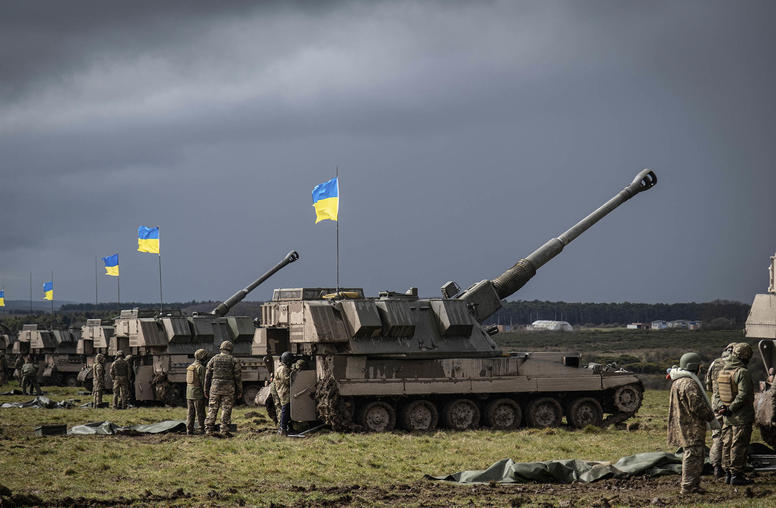
New Zealand Draws Closer to NATO with a Wary Eye
Until recently, if New Zealanders thought about their country’s links to NATO, it was likely the two-decade long deployment to Afghanistan that came to mind. But if there might have been some sense those ties lay in the past, Russia’s brutal invasion of Ukraine in February 2022 has brought them squarely back to public attention. New Zealand’s links as a non-member partner of NATO have been central to its response to the war, including channeling aid to Kyiv. Last June, Jacinda Ardern became the first New Zealand prime minister to attend a NATO summit, joining three other leaders from Australia, Japan and South Korea as NATO’s four Indo-Pacific partners (IP4).
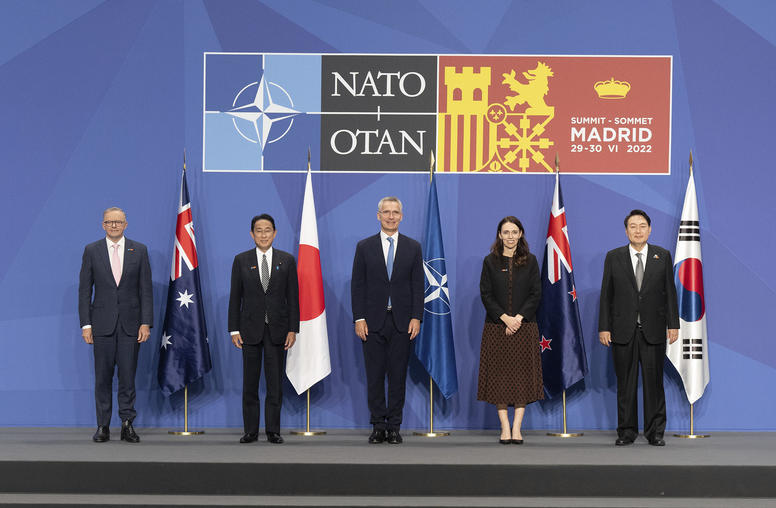
What’s Behind NATO’s Tightening Ties with its Indo-Pacific Partners?
NATO’s summit in Madrid, Spain, in June 2022 marked the first time the four leaders of NATO’s Indo-Pacific partner countries — Australia, Japan, New Zealand and the Republic of Korea (ROK) — joined NATO counterparts for a meeting at the heads of state and government level. July 2023, at the NATO summit in Vilnius, Lithuania, will mark the second. The high level of media attention paid to the attendance in Madrid of the Indo-Pacific partners, known informally as the Indo-Pacific Four or IP4, is likely to be repeated in Vilnius. Beyond this, what should Indo-Pacific watchers expect from the Vilnius Summit in terms of NATO-IP4 developments?
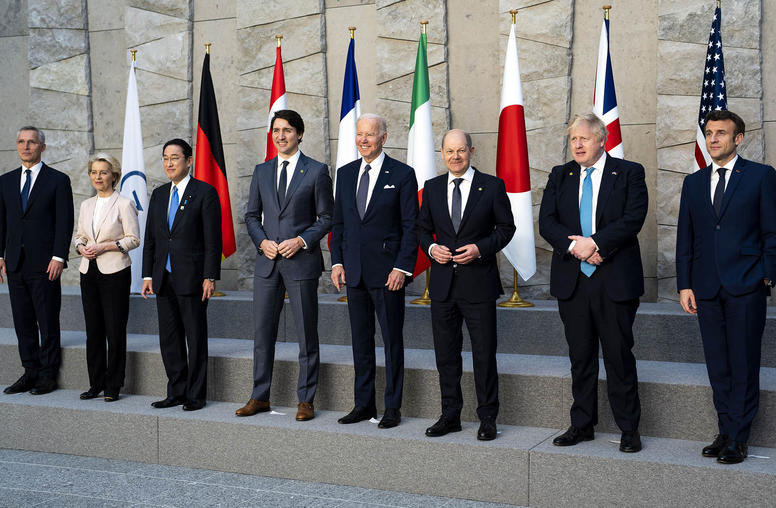
The ‘Russia Factor’ in NATO-Japan Relations
Russia’s illegal and unprovoked aggression against Ukraine has changed Japan’s assessment of Russia, as well as Tokyo’s policy toward Moscow. In doing so, it has also brought NATO and Japan closer together in their views of Russia and led to broader NATO-Japan engagement. Whereas Russia was once a complicating factor in the NATO-Japan relationship, it is now a factor promoting relations.
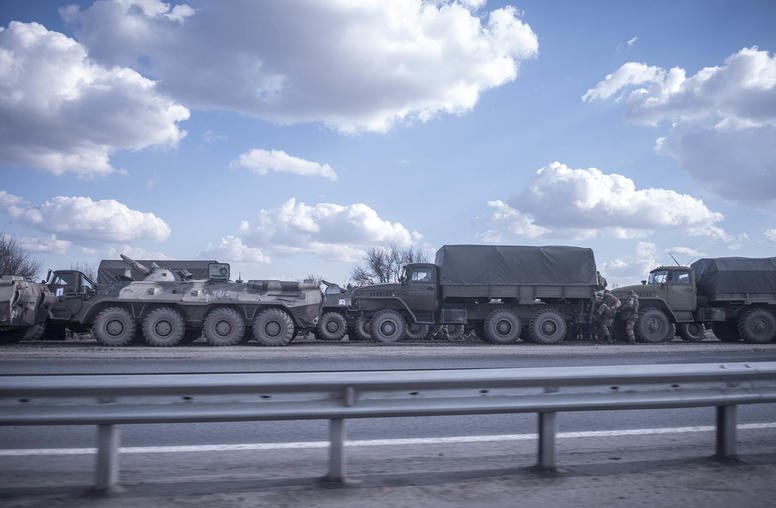
What Does the Wagner Mutiny Mean for Putin and His War on Ukraine?
Before Vladimir Putin launched his illegal war on Ukraine, the Russian-funded paramilitary Wagner Group was an infamous, shadowy tool of Moscow’s foreign policy, advancing its objectives in the Middle East and Africa. After Putin’s February 2022 invasion, the private miliary company — led by Putin’s former chef, Yevgeny Prigozhin — became a critical cog of the Russian military’s war effort. But as cracks emerged across Russian society and within the elite over the war, Prigozhin has been one of the most outspoken critics, alienating his adversaries in Russia’s defense ministry. Eventually, Putin sided with Priogzhin’s opponents ordering Wagner to be officially subsumed within Ministry of Defense.
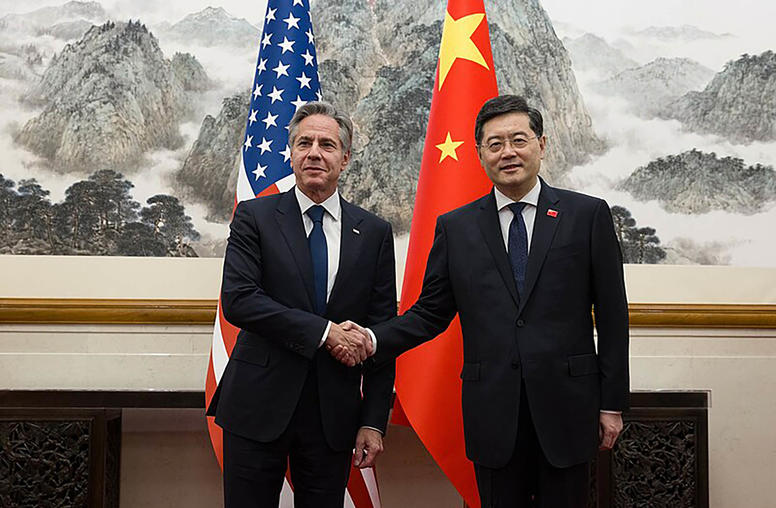
Blinken’s Beijing Trip: ‘Constructive’ but No Breakthroughs
Over the weekend, Secretary of State Antony Blinken finally made it to Beijing, where he met with senior-level Chinese Communist Party officials, including Xi Jinping. This trip was originally scheduled for early February but delayed nearly five months following the U.S. detection of a Chinese spy balloon hovering over American territory. Already on a downward trajectory before the balloon debacle, U.S.-China relations have continued to spiral since, as high-level communication has been on pause. While no major breakthroughs were made in Beijing and both sides stuck to their boilerplate talking points on issues of disagreement, the resumption of high-level dialogue is a positive step.
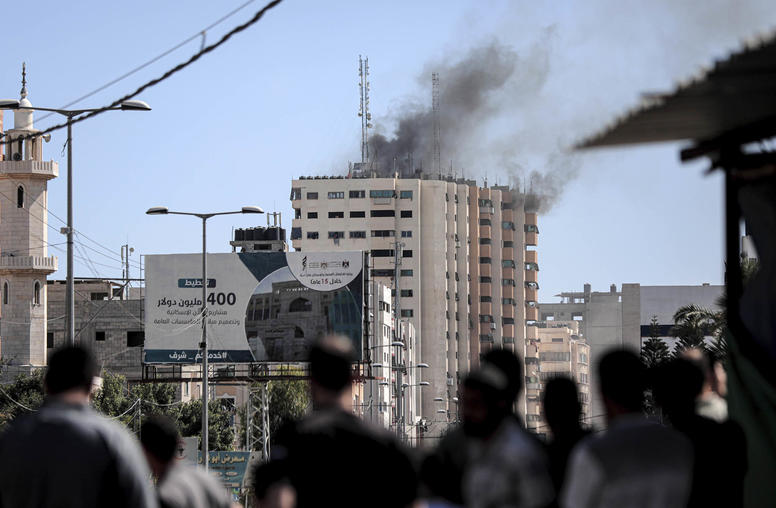
Is China Preparing to Make a Run at Israeli-Palestinian Peace?
Since April of last year, Xi Jinping and China’s foreign policy apparatus have been touting the Chinese leader’s vision of an alternative to the U.S.-led global security order, dubbed the Global Security Initiative (GSI). While Beijing has incrementally elaborated on Xi’s GSI, it remains an inchoate, fuzzy concept. What is clear is that Beijing wants to be seen as a global force for peace and stability that is capable of resolving international issues that appeared intractable under the U.S.-led security order. And it has repeatedly pointed to the detente it brokered between longtime foes Iran and Saudi Arabia as an example of its peacemaking prowess. As China deepens its involvement in the Middle East and campaigns for the GSI, is it gearing up to take on one of the region’s most vexing challenges, the Israeli-Palestinian conflict?